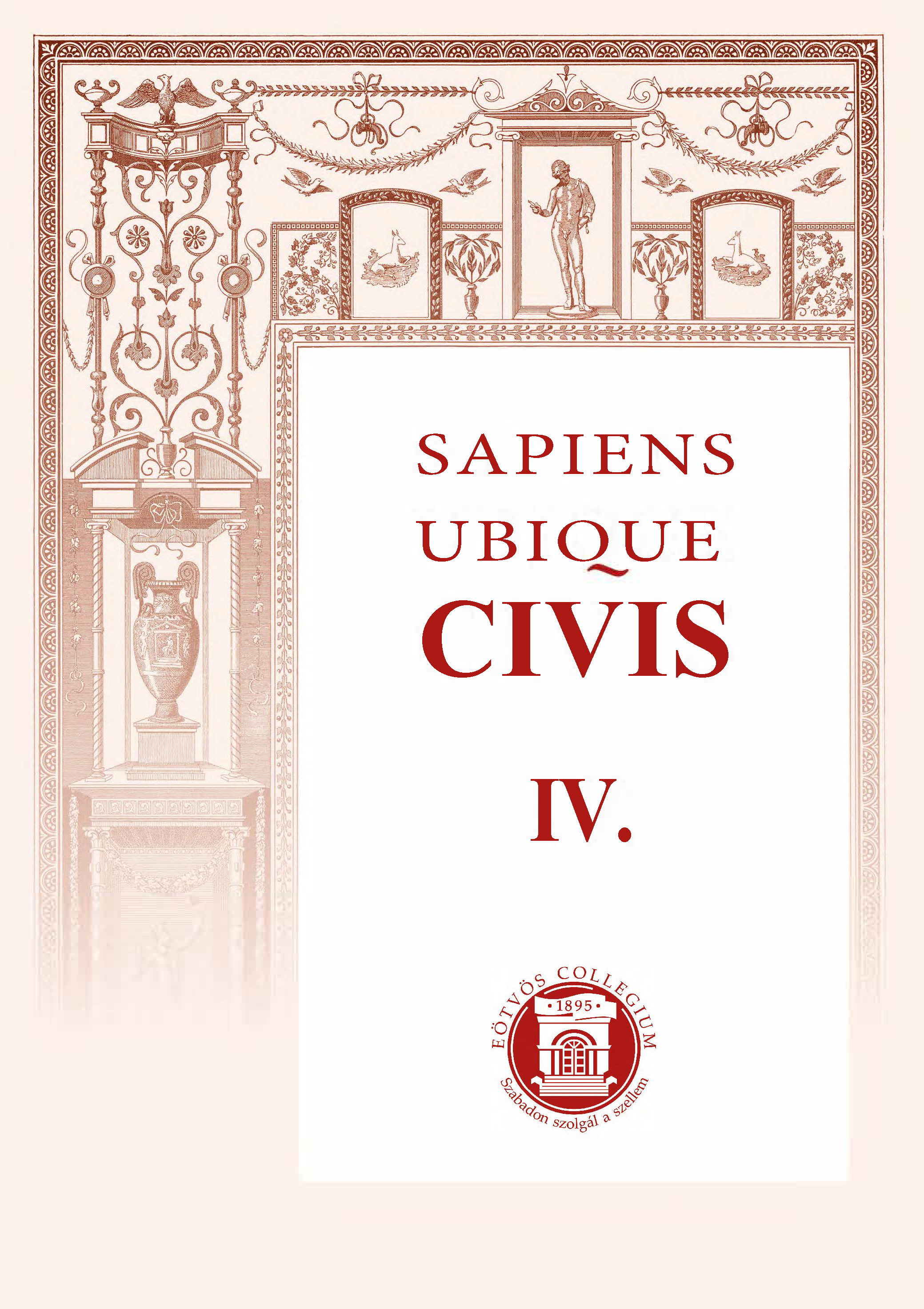Hippomenes, Pelops and Hercules Receptions of an Ovidian Sequence in Claudian and Sidonius Apollinaris
Main Article Content
Abstract
The motif of bloody trials that suitors must endure to win the hand of a princess as a prize is widespread in Latin literature. Ovid, in epist. 16, lists in sequence the exempla of Hippomenes, Pelops and Heracles, three heroes who, unlike Paris, had the opportunity to obtain their beloved in marriage as the prize of a contest. The Ovidian sequence will continue its fortune in Late Antiquity, in the verses of Claudian and Sidonius Apollinaris. Claudian employed the sequence in his Laus Serenae with two political purposes, a clear one and a hidden one. Sidonius, while reusing the sequence, borrows from Claudian the political context in which the examples are inserted and adapts it to his own needs. The aim of the paper is to analyse the different functions of this mythological sequence, Claudian’s role in the acquisition of a new political meaning, and Sidonius’ intertextual mechanisms.

